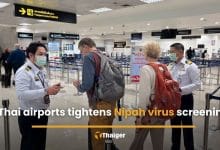How to protect yourself from Monkeypox in Thailand
Practical steps to prevent Mpox in Thailand

Monkeypox, a rare viral disease, has recently emerged as a public health concern in Thailand. With cases on the rise, it’s essential to understand how to prevent monkeypox infection effectively. Understanding the modes of transmission, recognising symptoms, and knowing when to seek medical advice are keys to protection.
Health officials in Thailand have reported a rise in cases of monkeypox, which calls for increased awareness and preventative actions. Staying well-informed and actively taking preventive measures can greatly lower your chances of catching the disease. In this article, we will provide you with practical strategies to protect yourself and your loved ones from monkeypox in Thailand. With the recent warnings about the mpox strain, it’s crucial to stay informed and proactive in prevention measures.
What is monkeypox?
Monkeypox also known as Mpox is a viral disease similar to smallpox but less severe. It was initially found in the Central and West Africa areas but has recently spread all over the world, including Thailand.
Monkeypox first case in Thailand
Thailand has confirmed the first case of the new monkeypox strain known as Clade 1b. The case concerns a 66-year-old European man who arrived from Africa with an ongoing outbreak on August 14, 2024. He began showing symptoms the next day. Over 40 individuals who had close contact with him are currently under observation by health authorities, none have shown any symptoms so far.
Because of its higher mortality rate and greater transmissibility than the Clade 2 variant, the emergence of Clade 1b is especially concerning. On August 14, 2024, the World Health Organisation (WHO) announced the outbreak in Africa as a global public health emergency. The urgent decision has raised attention and prompted more strict measures across Asia, including in Thailand.
The Thai government has taken a number of steps to address this new strain in public health:
- Tracking Infections: Over 40 close contacts of the confirmed case are being monitored for symptoms for a period of 21 days.
- Public Awareness Campaigns: Health authorities are actively educating the public about the symptoms of monkeypox and how to avoid close contact with infected individuals.
- Vaccination: Getting vaccinated against smallpox, which can also help protect against monkeypox, is being encouraged where possible.
- Travel Advisories: Extra screening for people coming from areas with monkeypox to spot any potential cases early
How to Prevent monkeypox infection in Thailand
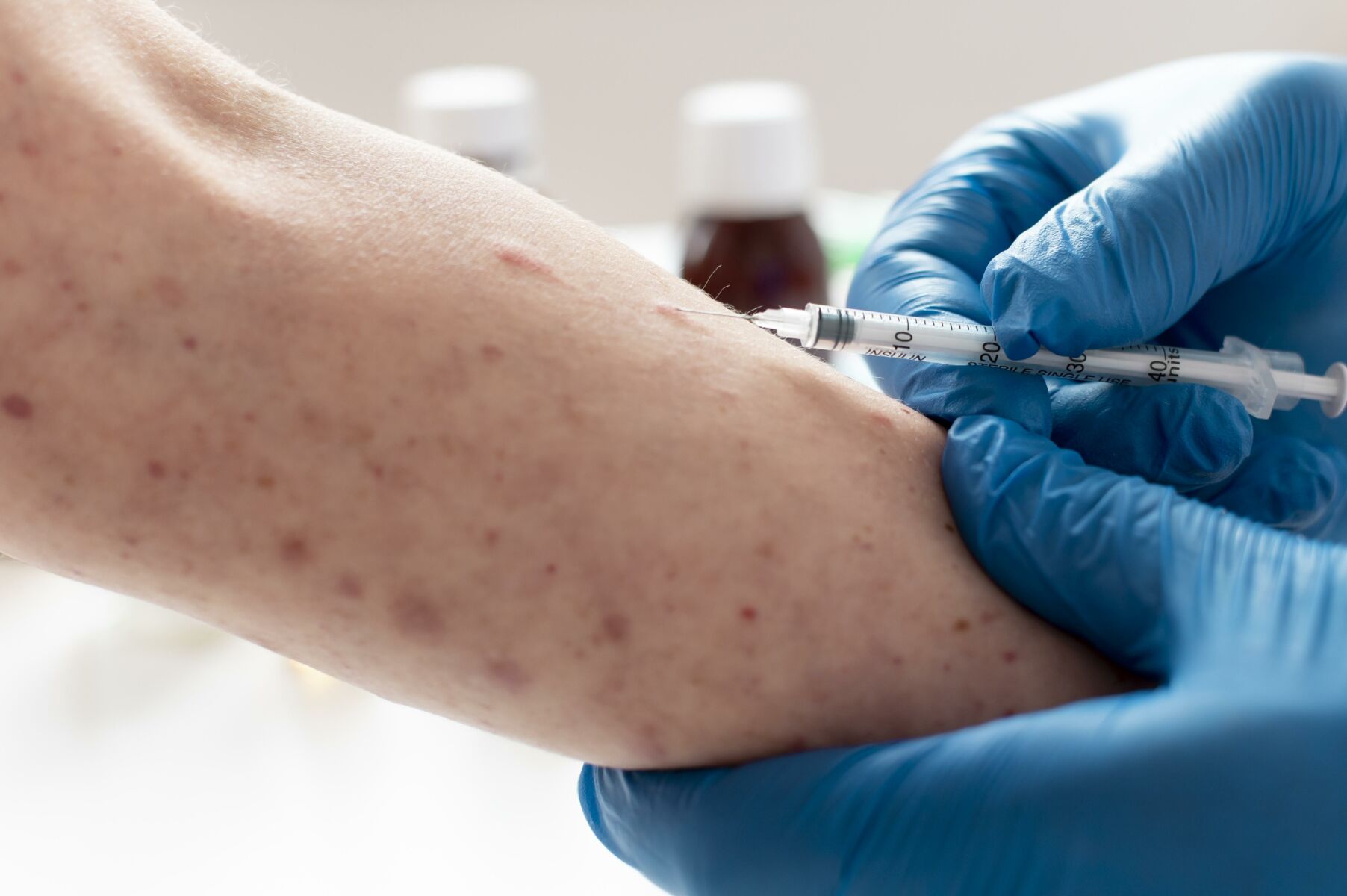
You might feel worried about the rise of monkeypox cases, but practical steps can help you avoid infection:
- Avoid Close Contact: Stay away from people showing symptoms of monkeypox. Symptoms include a rash that can look like pimples or blisters, fever, swollen lymph nodes, and body aches.
- Practice Good Hygiene: Wash your hands often with soap and water. If soap and water are not available, you can use an alcohol-based hand sanitiser instead. Sanitising surfaces in your home and work environment also helps reduce the chance of infection.
- Avoiding Contact with Infected People: Avoid skin-to-skin contact with anyone displaying a rash that looks like monkeypox. This includes hugging, kissing, or any sexual activity. If you know someone with monkeypox, please make sure not to touch their personal items. For healthcare workers or anyone taking care of an infected family member, wearing personal protective equipment (PPE) such as masks, gloves, and gowns to avoid direct contact can greatly reduce the risk of infection.
- Stay Informed: Follow updates from reliable sources such as Thailand’s Department of Disease Control and the WHO to acknowledge if there are new cases in your area.
- Take Precautions When Travelling: If you’re planning to travel, check the latest advisories. Be sure to follow safety tips, like wearing masks and keeping your distance from others.
By taking these steps, it helps keep you and others safe from monkeypox in Thailand. Always staying informed and practicing good hygiene are also important for stopping the virus from spreading.
Monkeypox in Thailand’s neighbouring countries
Neighbouring countries like Myanmar, Laos, Cambodia, and others have faced different situations regarding monkeypox. Staying informed can help you understand the local risks and prevent them properly.
Myanmar
Since 2022, Myanmar has tested 129 people for monkeypox, and no positive cases have been found as of August 2024. The Ministry of Health is actively raising public awareness about prevention. At the same time, border points are strictly monitored to reduce the risk of monkeypox preventing it tourism. Check Myanmar’s health advisories for up-to-date information if you’re planning a visit or meeting people from the area.
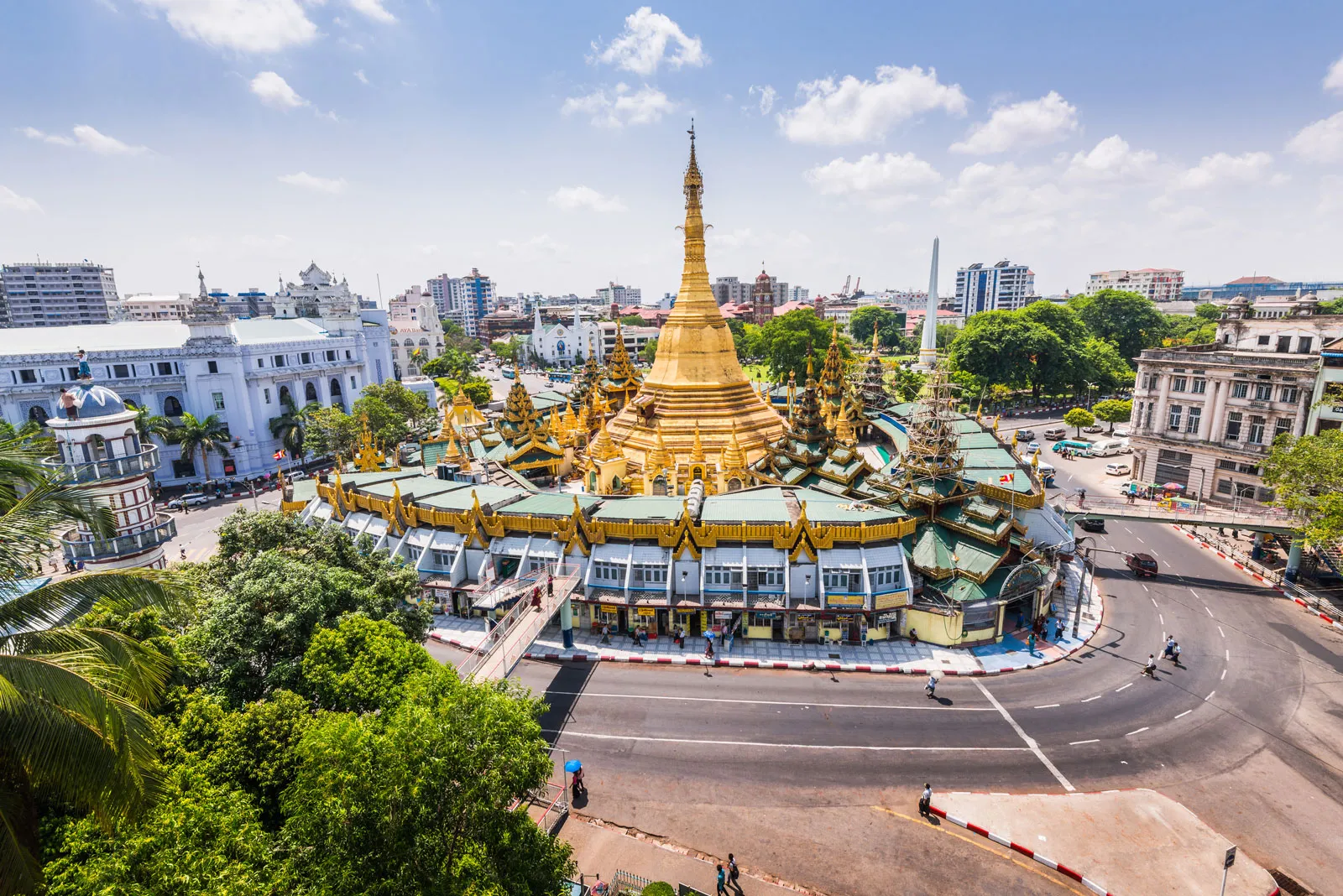
Laos
Laos reported its first monkeypox case in August 2024 from a traveller from a neighbouring country. The Ministry of Health increased monitoring, tested suspected cases, and prepared hospitals. They’re also launching public awareness campaigns to help people learn about monkeypox.
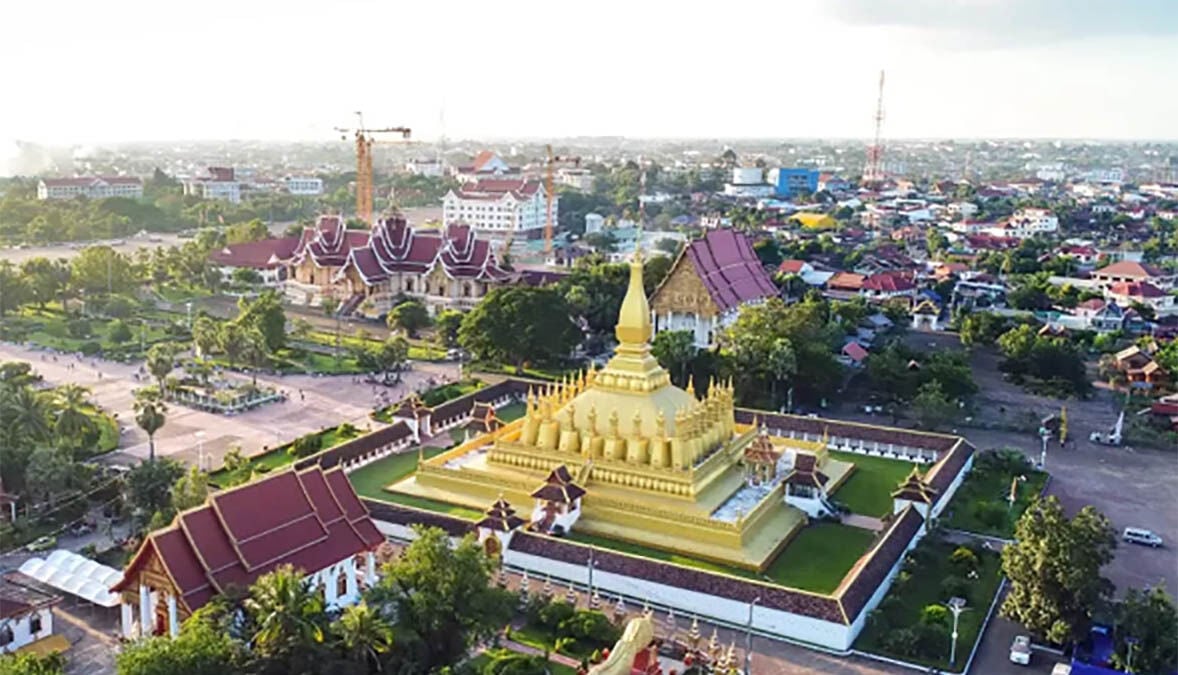
Cambodia
Cambodia confirmed 17 monkeypox cases as of August 2024, up from 14 earlier in the year. The Ministry of Health is closely watching the situation and urging safe practices, especially for those at higher risk.
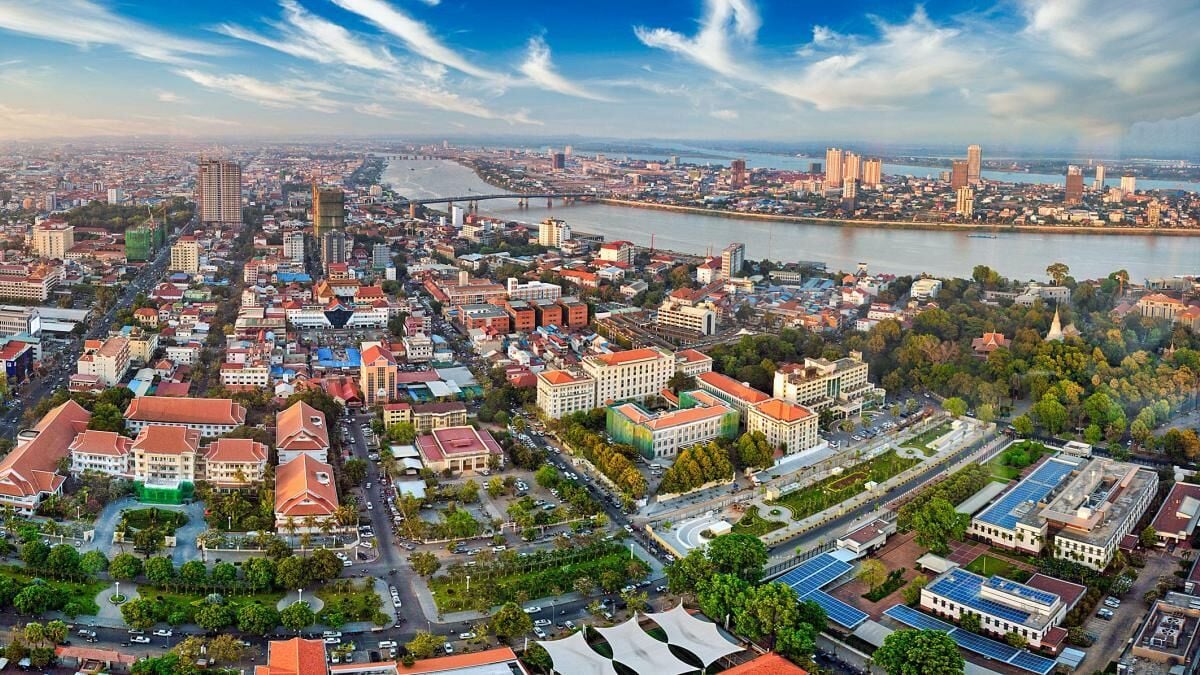
Malaysia
Malaysia had no new monkeypox cases in 2024, even though it increased globally. The country had nine cases from July to November 2023. The Ministry of Health has stepped up prevention with more monitoring, health checks for travellers, mandatory case reports, and strict hygiene in risky places. Moreover, healthcare workers can refer to the “Guidelines on mpox management in Malaysia 2023“.
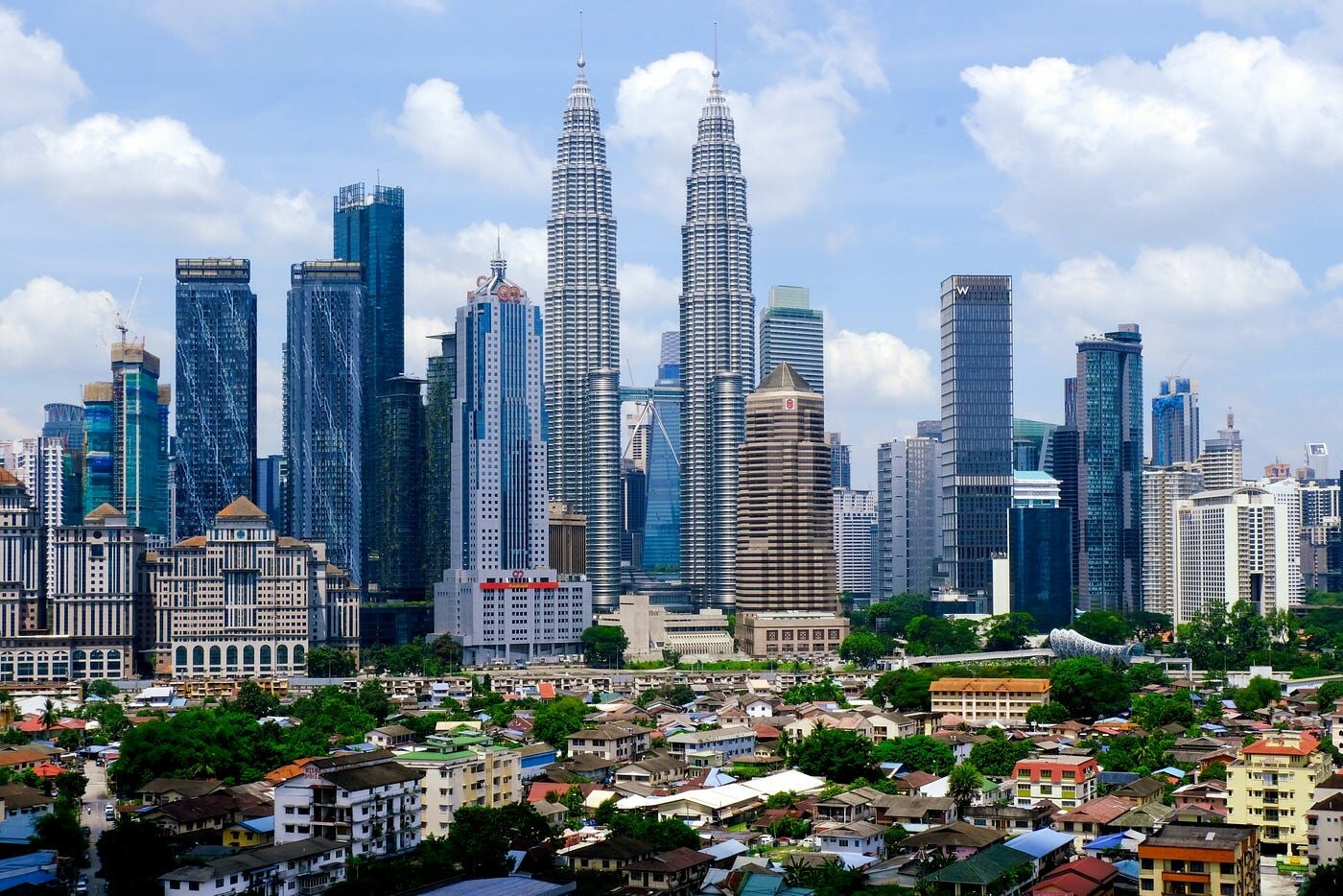
Philippines
The Philippines reported several mpox cases, but none involved the newer, more concerning Clade 1 strain. The government is stepping up surveillance and spreading the word, advising travellers and high-risk groups to be cautious.
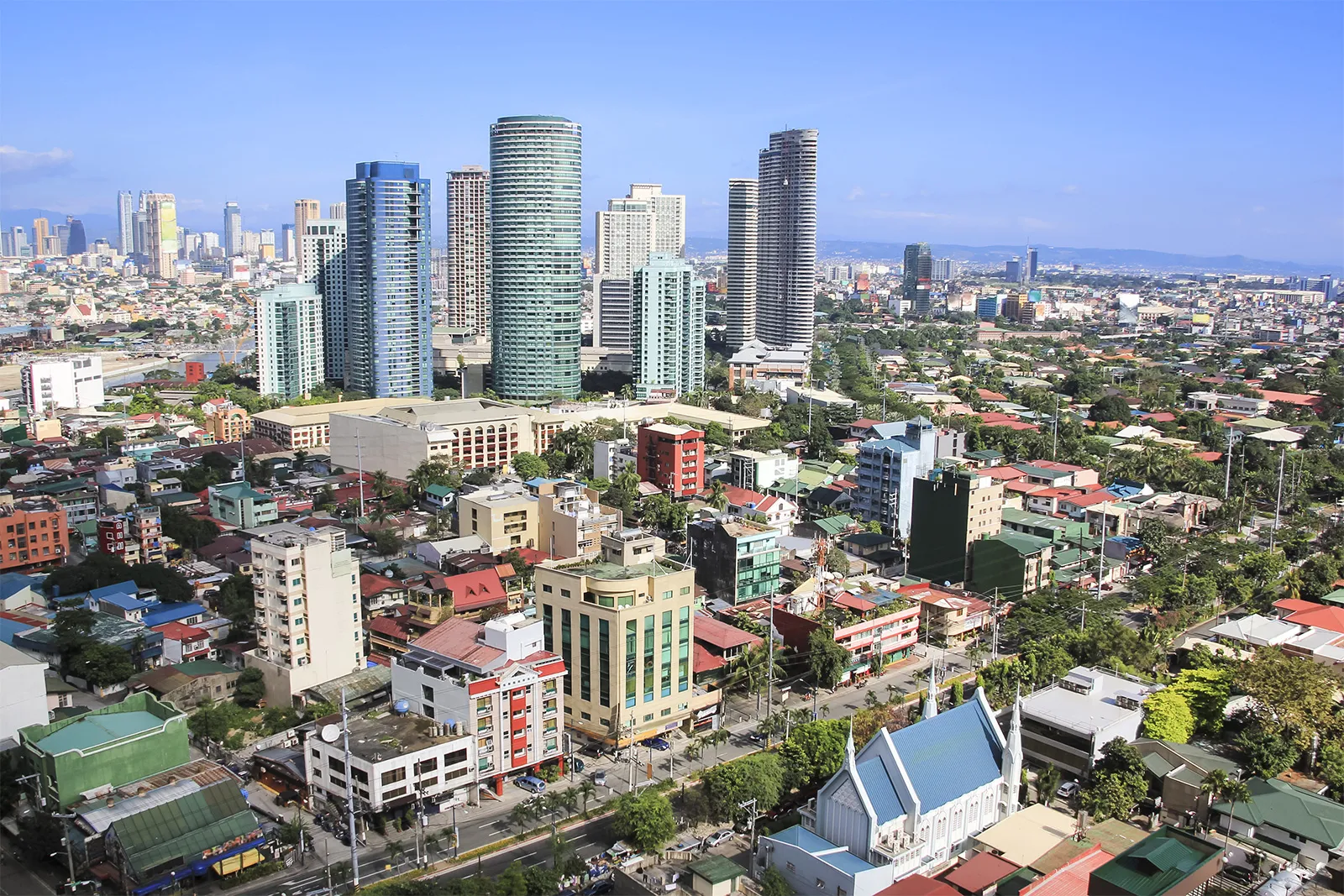
Pakistan
The new Clade 1 strain is not involved in any of the mpox cases that Pakistan has reported. The Ministry of National Health Services is monitoring the situation and running public education campaigns to help control the spread.

India
India has confirmed multiple mpox cases, leading the Ministry of Health to increase monitoring and public awareness. High-risk groups are advised to follow stringent preventive measures to avoid contracting the virus.

These countries are actively managing mpox through surveillance, public awareness, and strict hygiene protocols to prevent further spread of the virus.
Frequently asked questions about monkeypox in Thailand

Is Monkeypox common in Thailand?
Monkeypox isn’t common in Thailand, but there have been some cases. Since May 2022, Thailand has had 535 cases, mostly in 2023, primarily among men who have sex with men and people with HIV. In August 2024, Thailand confirmed its first case of the new Clade 1b strain in a European man who
How does Monkeypox affect people?
Monkeypox affects people by contacting with an infected person, animal, or contaminated materials. In Thailand, contact tracing has been crucial to control the spread since the illness usually lasts two to four weeks.
What are the symptoms of monkeypox?
The symptoms usually begin within seven to fourteen days of exposure. Common symptoms are fever, headache, muscle aches, backache, swollen lymph nodes, chills, and exhaustion. Usually, within three days after the onset of fever, a rash will develop, often starting on the face before spreading to other parts of the body. These symptoms make it crucial to seek medical advice if you notice them while in Thailand.
Is it safe to travel to Thailand during the monkeypox outbreak?
Thailand remains a safe destination, but travellers should stay informed about the current situation. It’s advisable to follow health guidelines, avoid close contact with sick individuals, and maintain good hygiene practices. Travellers should also check for any travel advisories or restrictions related to mpox before their trip.
Does Thailand have vaccine for monkeypox?
Thailand is working to secure vaccines against monkeypox, primarily the JYNNEOS vaccine, which is approved for use against mpox. However, vaccine availability may be limited, and priority is given to high-risk groups and individuals who have been in close contact with confirmed cases.
Can I get the vaccine in Bangkok?
Yes, you can get the monkeypox vaccine in Bangkok. The first doses arrived in August 2022, with 500 initially allocated for high-risk groups. Check with clinics like PULSE Clinic and Thai Travel Clinic for availability and eligibility. The Department of Disease Control is overseeing the vaccination effort.
What’s the current Type of monkeypox of the first case in Thailand?
The Clade 1b monkeypox variant was recently found in Thailand. A 66-year-old European man who had travelled from Africa tested positive for it in August 2024. This is the first time Clade 1b has been detected in Asia and the second time it’s been found outside Africa. Clade 1b is concerning because it can spread quickly through close contact. Thailand has had over 800 cases of the Clade 2 variant since 2022. Health officials are watching the situation closely to stop further spread of this new variant.
Is monkeypox a sexually transmitted disease?
Monkeypox isn’t an STD, though it’s more common in the gay, bisexual, and men who have sex with men (MSM) community due to more testing and reporting. It spreads through direct contact with sores, scabs, body fluids, or respiratory droplets. Anyone can get monkeypox from close contact with an infected person. Avoid calling it an STD to prevent stigma and promote testing. Monkeypox symptoms can resemble those of other STDs, but having an STD doesn’t mean you have monkeypox.
What should we do if we have monkeypox?
If you suspect you have monkeypox, you should immediately isolate yourself and seek medical attention. Contact the nearest healthcare facility for advice and testing. It is crucial to avoid close contact with others to prevent spreading the virus.
Where can I get more information about monkeypox in Thailand?
For more detailed and up-to-date information, you can consult the Thai Ministry of Public Health’s official website or visit international health organisations like the World Health Organization (WHO) and the Centers for Disease Control and Prevention (CDC).
Thaiger’s news on mpox in Thailand
- New deadly Mpox strain raises concerns about possible global spread
- Thailand on alert as WHO considers mpox emergency declaration
- FDA puts the ‘test’ in ‘protest’ over mpox spread
Latest Thailand News
Follow The Thaiger on Google News:

